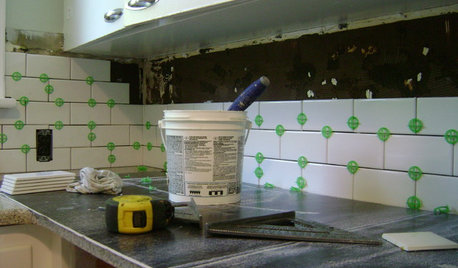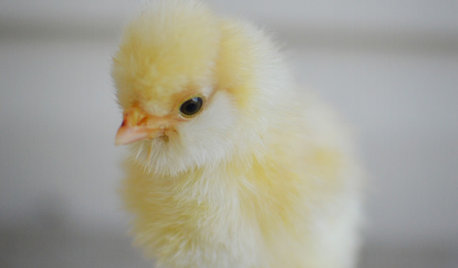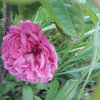How do you know when to try a rose as no spray?
User
15 years ago
Related Stories

MATERIALSInsulation Basics: What to Know About Spray Foam
Learn what exactly spray foam is, the pros and cons of using it and why you shouldn’t mess around with installation
Full Story
GARDENING AND LANDSCAPINGWhat You Need to Know When Considering a Cabana or Covered Patio
Learn how to plan for a covered outdoor structure, what features are available to you, how much it will cost and more
Full Story
DECORATING GUIDESRoom Doctor: 10 Things to Try When Your Room Needs a Little Something
Get a fresh perspective with these tips for improving your room’s design and decor
Full Story
DECORATING GUIDESBook to Know: 'Living in a Nutshell'
You don't have to go minimalist to live in a small home. Embrace color, pattern and objects you love with these tried-and-true tips
Full Story
MOST POPULAR19 Kitchen Projects Every Homeowner Should Know About
Could your kitchen use a new sink, a backsplash, updated hardware, better organization, a good cleaning? Here's how to get started
Full Story
WORKING WITH PROS10 Things Decorators Want You to Know About What They Do
They do more than pick pretty colors. Here's what decorators can do for you — and how you can help them
Full Story
PETSWhat You Need to Know Before Buying Chicks
Ordering chicks for your backyard coop? Easy. But caring for them requires planning and foresight. Here's what to do
Full Story
BATHROOM DESIGN14 Design Tips to Know Before Remodeling Your Bathroom
Learn a few tried and true design tricks to prevent headaches during your next bathroom project
Full Story
COLOR12 Tried-and-True Paint Colors for Your Walls
Discover one pro designer's time-tested favorite paint colors for kitchens, baths, bedrooms and more
Full Story
DECORATING GUIDES5 Decor Trends to Try — and 5 to Rethink
Some style trends are worth jumping onboard. Others you may want to let fade from your memory
Full StorySponsored






ingrid_vc so. CA zone 9
jerijen
Related Discussions
You know, it's very hard to spray when Fate doesn't cooperate.
Q
How do you keep the root ball from frittering when moving a rose?
Q
Newbie trying cuttings - How do you know?
Q
How do you know when your cuttings have failed?
Q
catsrose
sinai
sammy zone 7 Tulsa
cweathersby
mexicanhat
jerijen
UserOriginal Author
UserOriginal Author
jerijen
UserOriginal Author
taoseeker
anntn6b
kristin_flower
UserOriginal Author
taoseeker
remy_gw
dublinbay z6 (KS)
anntn6b
UserOriginal Author
UserOriginal Author
mad_gallica (z5 Eastern NY)